Traditional contact centers rely heavily on on-site hardware and software, are inflexible, and expensive to maintain. Scaling up or down to meet customer demand is also complex.
If you want a modern, hassle-free customer support platform that keeps your clients happy, you should look into a cloud-hosted contact center.
But it’s not just convenience — cloud contact centers are packed with features that empower your agents to deliver exceptional service across multiple channels — phone, email, social media, and integrate with your existing business applications.
We’ll walk you through this cloud-based call center technology, its key benefits, how it works, and how to use it to meet your customer service needs.
What Is a Cloud Contact Center?
A cloud contact center is a web-based customer service solution that eliminates the need for on-premise hardware and software. It uses the internet and cloud computing to provide businesses with a scalable, cost-effective, and feature-rich platform for managing customer interactions.
A cloud-based contact center banks on call center technology hosted in the cloud. It helps contact center agents handle all types of inbound and outbound calls and customer communications, including voice, email, SMS, social media, and the web, in a single, user-friendly platform on both mobile and desktops.
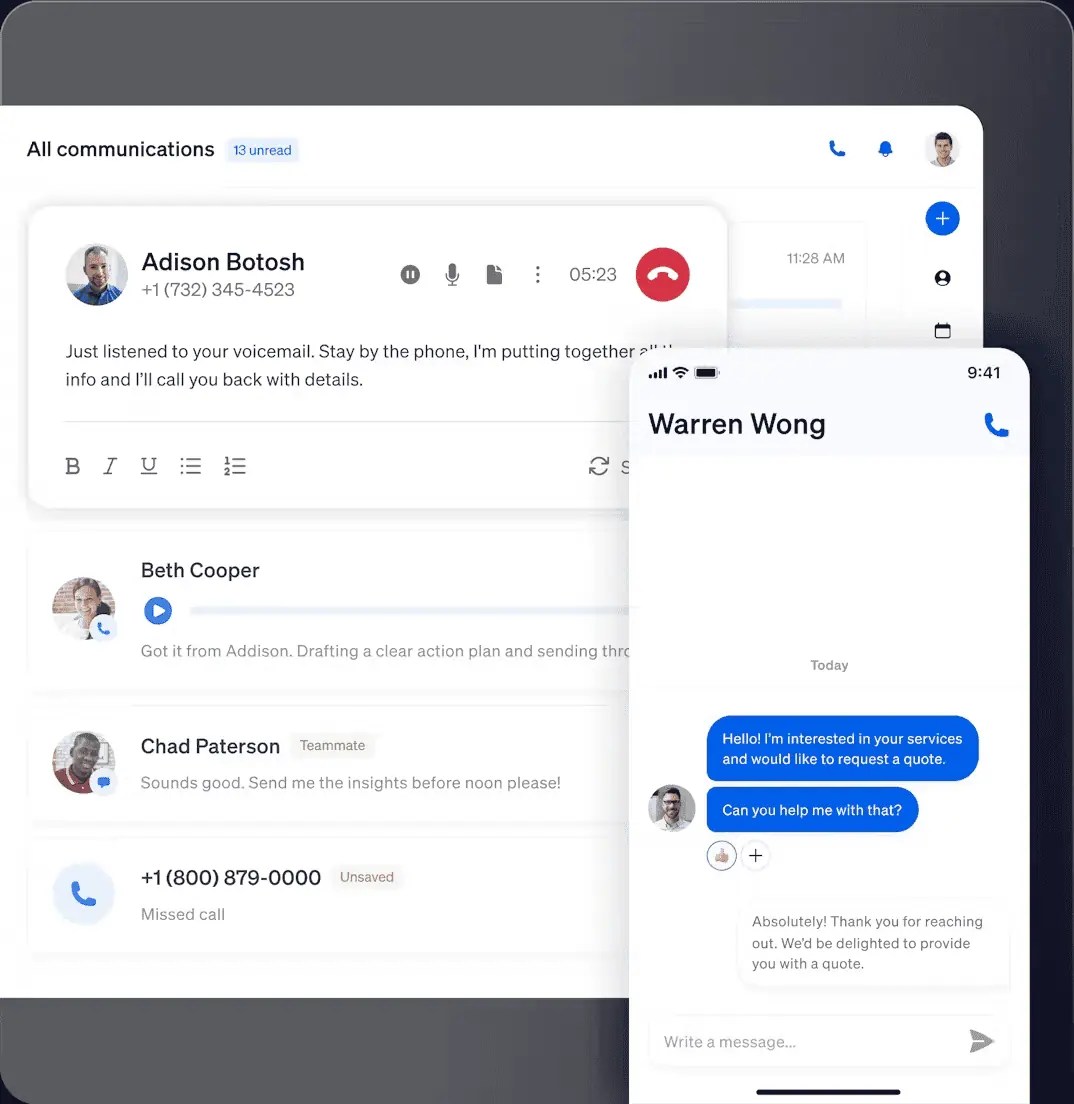
The best part is that agents can access cloud contact center platforms from anywhere with an internet connection, allowing for greater flexibility and remote work opportunities.
On top, cloud contact centers offer advanced features like call routing, call recording, performance analytics, and integrations with CRM software, which you might not find in traditional on-premise setups.
As organizations add more support channels, a cloud contact center solution helps them respond to every customer request and optimize agent productivity.
How Does a Cloud Contact Center Work?
Cloud contact centers operate on a remote server infrastructure managed by a contact center provider. Businesses access the platform and its features through a secure internet connection.
Here’s a breakdown of the key functionalities.
- Cloud infrastructure: The service provider takes care of all hardware, software, and maintenance, eliminating the burden on your IT team.
- Omnichannel routing: Incoming inquiries are automatically routed to the most appropriate agent based on factors like call type, agent skills, and availability. This ensures faster resolution and a better customer experience.
- Interactive voice response (IVR): An automated system that greets callers, collects information, and directs them to the appropriate department or agent.
- Call recording and monitoring: Allows supervisors to monitor calls for training and quality assurance purposes.
- Real-time analytics: Provides valuable insights into call volume, agent performance, and customer sentiment. Customer data helps identify areas for improvement and optimize overall contact center operations.
Unlike an on-premises PBX, cloud centers don’t require telecom hardware to purchase, install, and maintain. Instead, phone calls and messages use Voice over Internet Protocol (VoIP) technology.
Cloud contact center software connects to other platforms like social media or email and integrates all channels seamlessly. Each interaction connects with a customer or prospect account and assigns incoming communications to the right agent to avoid conflicts.
A cloud contact center can also integrate with your customer relationship management (CRM) software, keeping all communication data in sync across your organization. It’s the best way to deliver a seamless customer experience across customers’ preferred channels.
Since a contact center works entirely over the internet, you just need workstations, headsets, and an internet connection for your team. While you can use special hardware, cloud contact center solutions will work just as well on the computers and cell phones you already use.
Benefits of Cloud Contact Centers vs. Traditional On-Premise Contact Centers
On-premises call centers are quickly becoming outdated.
There’s a reason IDC predicts that business cloud solutions will continue to outpace (54%) on-site technology investments (46%) in the coming years.
On-prem contact centers require employees to be physically present, demand constant maintenance, and require expensive (and quickly obsolete) hardware.
On-site call centers revolve around phone conversations, which don’t address the modern customer experience. For these reasons and more, cloud-based contact center solutions are the right approach for high-growth companies.
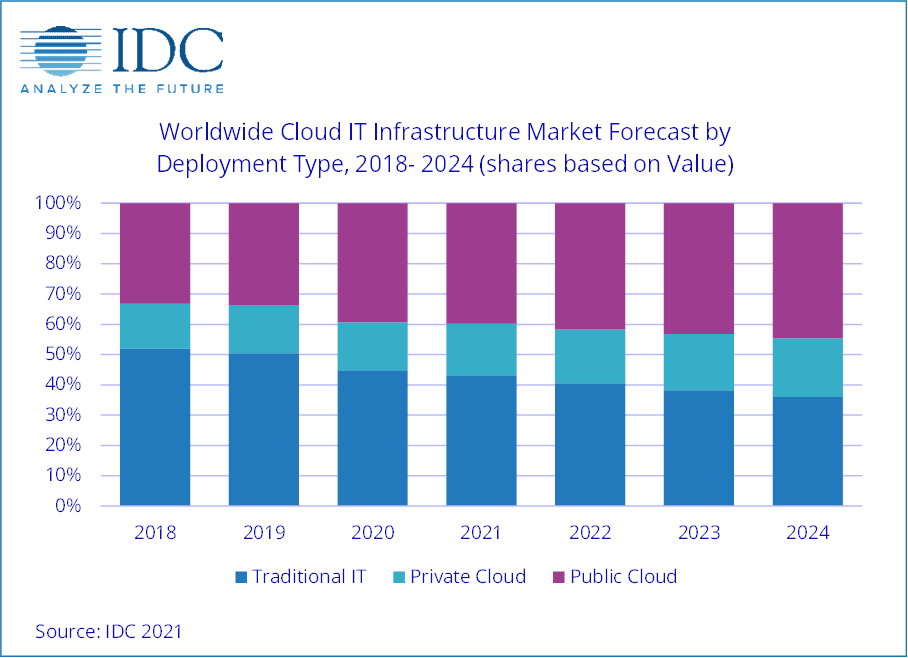
Cloud contact centers are entirely different. They offer accelerated setup, improved flexibility, and real-time analytics. In the end, this means significant cost savings, gains in customer experience, and faster time to market.
Here are some compelling benefits cloud contact centers offer over traditional systems to help businesses deliver top-notch customer service:
| Function | Cloud contact center | On-premises contact center |
|---|---|---|
| Setup | Affordable, out-of-the-box installation that can work with existing devices | Months-long process that requires hardwiring each device to a central system |
| Scalability | Near-infinite scalability; can add new lines in a few clicks | Each new line requires additional on-premise setup |
| Reliability | Enterprise-level reliability with excellent uptime and speed improvements through software upgrades | Reliability depends on existing hardware, which will deteriorate over time |
| Improvements | Ever-expanding set of key features using developing technologies like AI and predictive analytics | Limited to existing capabilities |
| Features | All traditional features plus modern improvements like IVR, natural language processing, live call monitoring, and more | Traditional features like hold, call logging, and wait music |
| Integrations | Extensive integrations across digital channels and tools | Limited integrations that can be difficult to set up due to installation and licensing issues |
| Cost | Minimal up-front cost and lower monthly cost per user | High upfront costs and additional ongoing costs for system maintenance |
| Remote work flexibility | Agents can work from anywhere in the world | Agents are restricted to the system’s physical location |
| Customer engagement | Seamless conversations across channels and departments | Each channel is handled separately |
Cloud Contact Center vs. Cloud Call Center
Cloud contact centers go beyond traditional call center software, offering a multi-channel approach to customer engagement.
While the terms are sometimes used interchangeably, a crucial distinction exists.
Cloud call centers excel at handling high volumes of phone calls. Agents primarily interact with customers in real time over the phone. However, cloud technology allows for scalability and remote work options.
Cloud contact centers, on the other hand, offer a wider range of communication channels. They integrate phone calls with email, social media, text messages, chatbots, and video conferencing. This creates a more comprehensive and convenient customer experience, allowing them to connect through their preferred method and receive consistent, high-quality support.
Benefits of cloud contact centers over call centers:
- Drive customer success: Go beyond reactive support and proactively build customer satisfaction.
- Empower sales teams: Provide multi-channel tools for stronger relationships with potential customers.
- Scalability and cost-effectiveness: Cloud-based infrastructure offers flexible pricing and eliminates the need for on-premise hardware upkeep.
- Enhanced reliability: High uptime, disaster recovery, and automatic security updates ensure smooth operations.
| Feature | Cloud Contact Center | Cloud Call Center |
|---|---|---|
| Focus | Omnichannel customer engagement (voice, chat, email, etc.) | Primarily voice calls |
| Scalability | Highly scalable to meet changing needs | Moderately scalable |
| Cost | Typically pay-as-you-go pricing | May have fixed costs or tiered plans |
| Features | Includes features for routing, reporting, analytics, and integrations with CRM | Primarily focused on call routing and management |
| Deployment | Quick and easy setup | The vendor manages all infrastructure and updates |
| Maintenance | Security measures are in place, but your responsibility | Some responsibility for maintenance may fall on you |
| Security | Secure cloud environment with disaster recovery | Security measures are in place, but may not be as robust |
Cloud contact centers offer a more future-proof solution with a broader range of features and benefits compared to cloud call centers. They cater to a wider range of customer preferences and business needs, driving better customer experiences and business growth.
However, cloud call centers might be a suitable option for businesses with a primary focus on phone support and a limited budget for upfront costs.
Top Features & Benefits of Cloud Contact Centers
Cloud contact centers pack a ton of powerful features and benefits that traditional on-premise systems simply can’t match.
1) Lower setup and ongoing costs
Businesses can save up to 65% just by switching from traditional landlines to VoIP. But it’s not just the monthly fees, cloud contact centers eliminate so many of the hard costs like real estate for housing equipment, backup power sources, multiple network carriers, security audits, and dedicated IT staff.
Microsoft found that 82% of small businesses reported cost reductions after moving to the cloud. Without all that hardware and excess staffing, a cloud-based contact center is far more affordable in the long run.
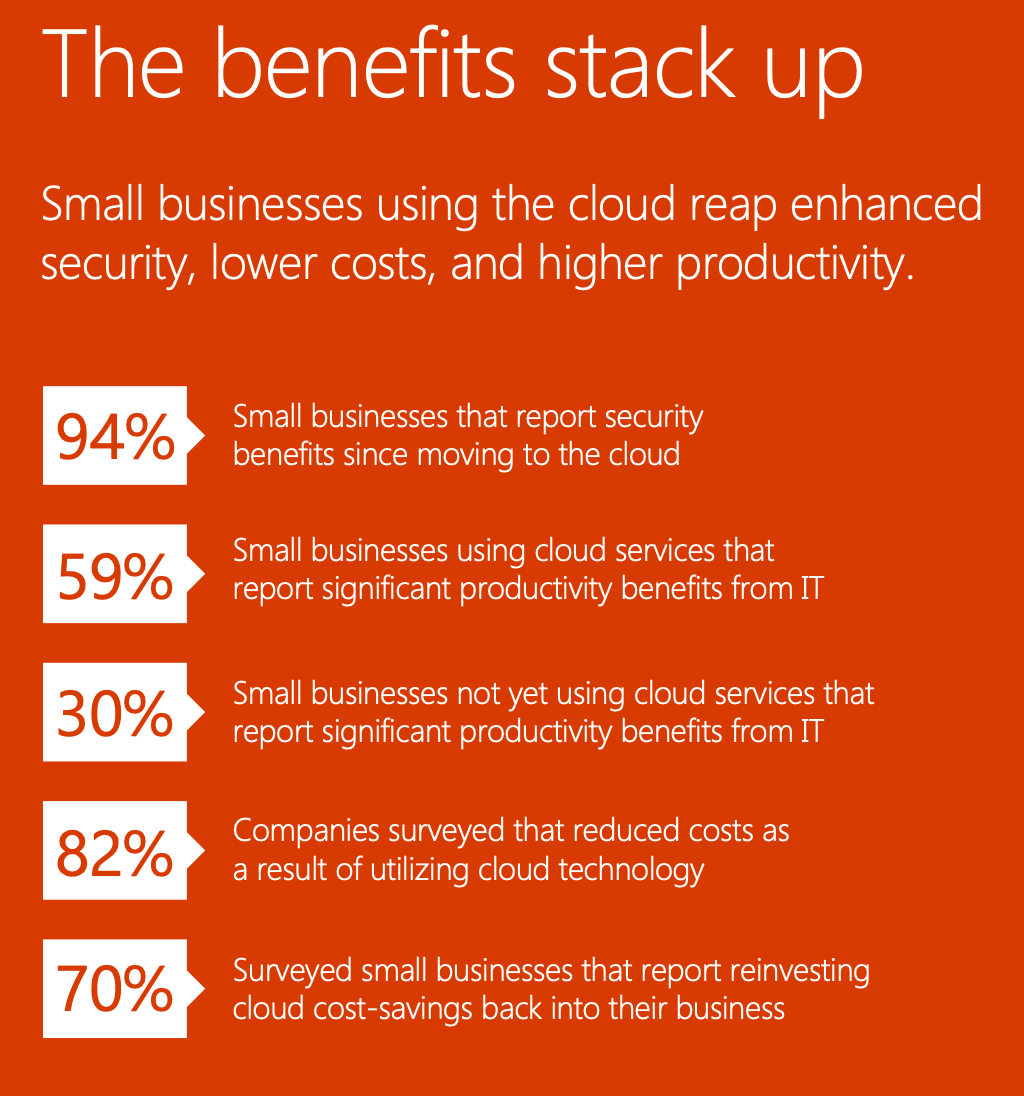
Cloud contact centers consolidate a bunch of tools and apps you’re probably paying for separately into one unified platform. You don’t need to juggle multiple subscriptions and vendor relationships.
2) Built for remote work
So many businesses are now on work-from-home or hybrid models, and having a remote contact center workforce is a necessity.
Cloud solutions make this seamless — agents and supervisors can stay connected and productive from literally anywhere with an internet connection. The software solution is built to work across all devices and operating systems too.
Comprehensive real-time reporting provides full visibility into performance for managers. And stringent security standards ensure customer privacy and prevent data breaches.
3) Fast installation and setup
Rather than the nightmare of traditional on-prem installations that dragged on for months, cloud contact centers can get you up and running in just days or weeks.
No complex hardware configs or endless IT requests to deal with. Customizing settings, onboarding new employees, pulling analytics, and reporting. It’s all streamlined and simple through intuitive web interfaces.
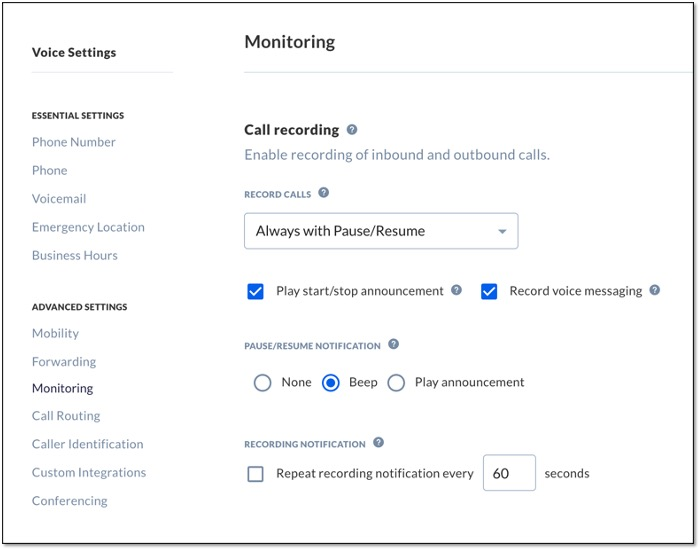
4) Superior performance
Cloud architecture also delivers major performance gains. While physical phone systems have finite resources, cloud platforms leverage virtualization to dynamically scale capacity based on demand.
No matter how many calls, cases, or interactions you have, redundant cloud infrastructure ensures maximum uptime, lower downtime, and better responsiveness.
If your local internet connection goes down, calls can simply re-route to agent cell phones or automated messaging. Reliable business continuity is baked in.
5) Improved agent productivity
For agents, the unified cloud interface boosts productivity by eliminating tool-switching and streamlining common workflows.
Everything an agent needs for efficient call handling and case resolution is right at their fingertips — no more disparate apps and fragmented data sources. Features like click-to-call, conversational AI-enabled self-service, and intelligent routing get customers to resolution faster too.
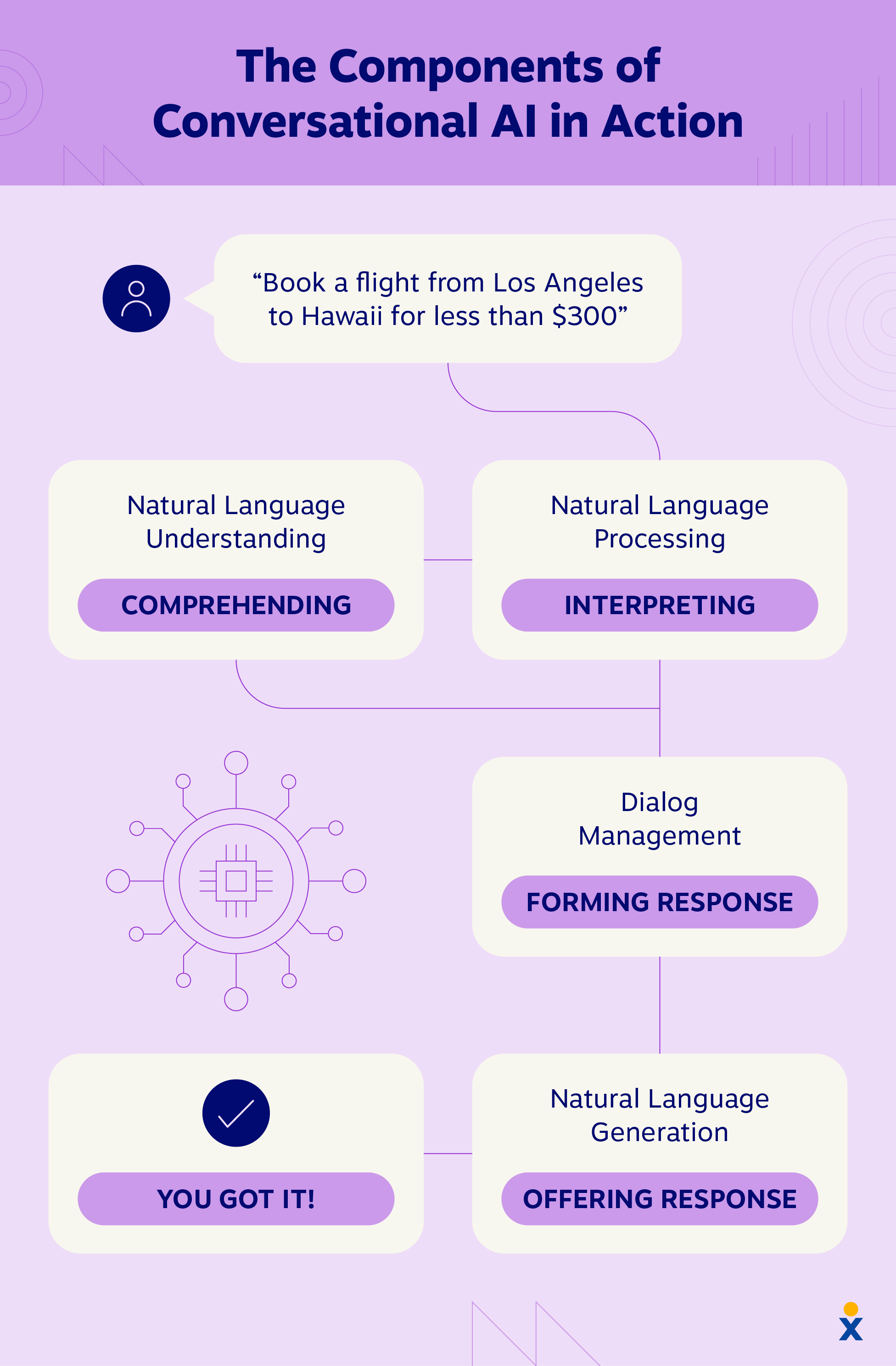
6) Plenty of room for growth
Cloud solutions are designed to scale effortlessly as your business grows. Need more users, channels, or functionality? Just provision it through the cloud platform.
No wiring nightmares or server upgrades are required. You can start lean and scale up gradually based on demand.
7) Enterprise-grade reliability, uptime, and security
Reliability and uptime are also enhanced in cloud environments.
While traditional on-prem systems are susceptible to localized outages from severe weather and network hiccups, cloud providers operate geo-redundant data centers with hefty service level agreements.
Layers of built-in and end-to-end security like call encryption, permission controls, and auditing enable compliance with regulations like PCI, HIPAA, and more.
8) Better integration capabilities
Integration capabilities are another big win. Most businesses rely on a patchwork of different systems and apps, but cloud contact centers can sync all that data to provide a seamless, unified experience across all customer channels and touchpoints.
Contact center agents get full context into account histories, past interactions, and potential opportunities within a vibrant integrations ecosystem.
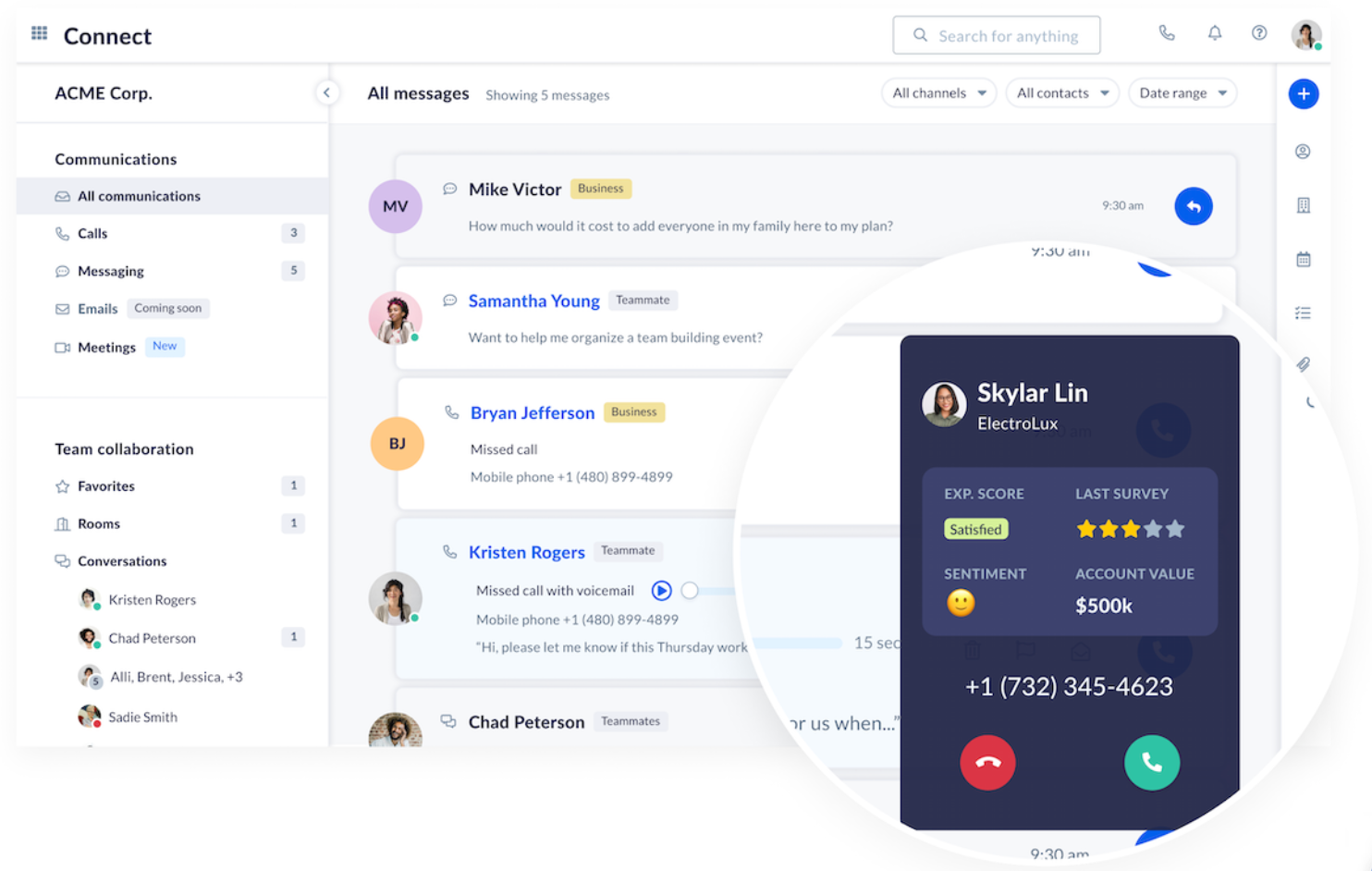
9) Real-time analytics
Speaking of context, real-time analytics dashboards and custom reporting tools help surface those valuable customer insights. You get a clear, quantified view of operations, processes, and performance metrics that would require teams of data analysts to stitch together in legacy environments.
Supervisors and executives can benchmark against KPIs, identify friction points, and drive strategic improvements.
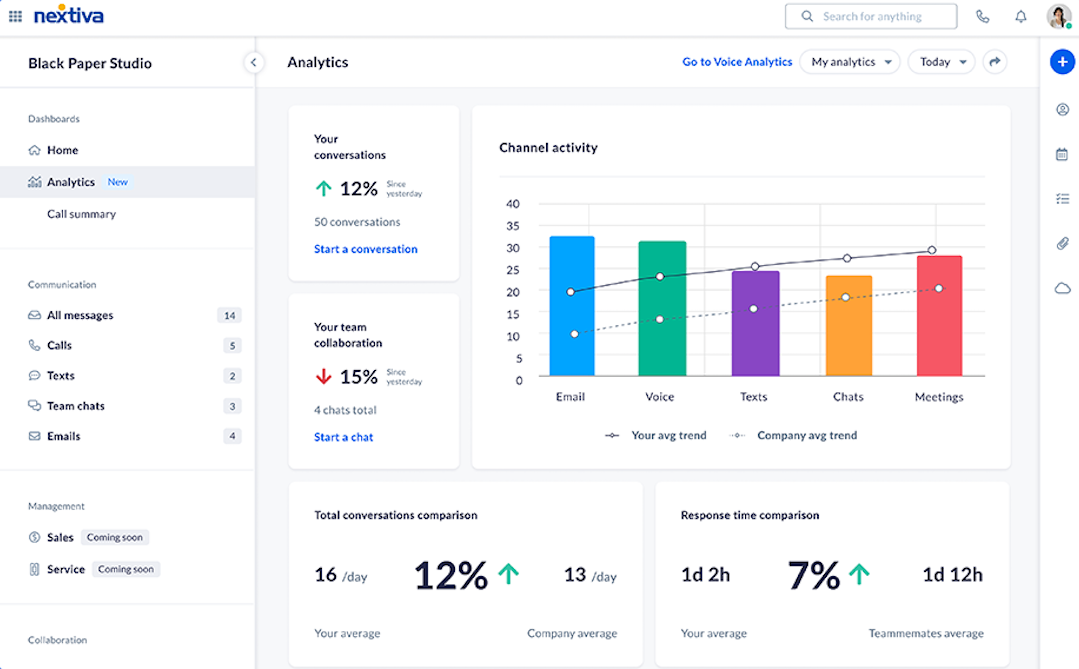
10) Better customer experience
the biggest advantage of cloud contact centers is the ability to deliver a truly seamless omnichannel customer experience. Customers want to be able to reach out on their channel of choice – voice, chat, email, messaging, social media, etc.
Cloud platforms unite those channels on the backend so agents get full context no matter how the customer interacts. That’s what builds lasting relationships and loyalty in today’s digital era.
11) Ease of management
On the management side, cloud contact centers centralize administration through simple web interfaces rather than having to dig into arcane system configs and databases. Adjusting settings, permissions, and customizations is point-and-click easy.
Cloud Contact Center Pricing
Cloud contact center, also known as Contact Center as a Service(CCaaS), offer a flexible and scalable solution for managing customer interactions. Billing is typically on a monthly subscription basis, with costs varying depending on several factors:
- Number of users: Generally, per-user pricing decreases as your team size increases. You get a better value with a larger number of agents.
- Features: The specific features you need will influence the cost. Basic plans may cover voice calls only, while more advanced plans can include features like video conferencing, chat, and CRM integrations.
- Usage: Some providers have per-minute charges for voice calls, text messages, or data storage. Understand how your usage will translate into costs.
Vendor Comparison Example
Here’s a comparison of three cloud contact center providers to illustrate the different pricing structures and features offered:
| Features | Nextiva | Five9 | NICE CXone |
|---|---|---|---|
| Setup In Hours | ✅ | ❌ | ❌ |
| Monthly Price | $99+ per user | $149+ per user | $94+ per user |
| UC + CC Integration | ✅ | ✅ | ✅ |
| Free Trial | ❌ | Custom Proof of Concept | 60 days |
| 24/7 Support | ✅ | ✅ | ✅ |
| Omnichannel | ✅ | ✅ | ✅ |
| Workforce Management | ✅ | ✅ | ✅ |
| Outbound & Inbound | ✅ | ✅ | ✅ |
| AI Agent Assist | ✅ | ✅ | ✅ |
| CRM Integration | ✅ | ✅ | ✅ |
How To Choose the Right Cloud Contact Center Vendor
The cloud-based contact center industry is expected to grow by a compounded annual growth rate of 26% through 2027. But as the industry grows, choosing between providers is harder.
Selecting the right cloud contact center solution requires careful consideration of your specific needs. Here are some key factors to evaluate:
- Business needs assessment: Identify your communication channels (voice, email, chat, etc.), agent requirements (skills, training), and desired features (call recording, CRM integration) to ensure the solution aligns with your business goals.
- Features and functionality: Evaluate cloud contact center solutions based on the features most relevant to your business. Look for functionalities like skills-based routing for efficient call distribution, call recording for quality monitoring and coaching, and integrations with your CRM system for a unified customer view.
- Pricing and scalability: Cloud contact center solutions often have different pricing models. Consider your budget and choose a provider that offers a scalable solution that can adapt to your future growth in terms of agents, call volume, and features.
- Security and compliance: Ensure the cloud contact center vendor prioritizes data security with robust security measures in place. Verify their compliance with relevant data privacy regulations to safeguard customer information.
- Customer support: Reliable and responsive customer support is essential for a smooth user experience. Choose a vendor with a proven track record of providing timely and effective technical support to your agents and IT team.
Carefully evaluate these factors alongside your specific business needs to make an informed decision when selecting a cloud contact center solution that empowers your agents, delivers exceptional customer experiences, and scales with your growing business.
Scale Your Sales and Support Organization With Nextiva
Looking for a top-rated contact center solution? Nextiva was named Customers’ Choice for Midsize Enterprise and North America by Gartner Peer Insights. It’s an easy-to-use omnichannel cloud center platform paired with Nextiva’s award-winning customer support.
Thousands of companies rely on Nextiva for scalable communication solutions to grow their businesses.
Here are three reasons why Nextiva stands out from the rest:
- Excellent network reliability: Nextiva offers eight data centers across the United States that reliably connect billions of calls every year.
- Amazing Service: Every account benefits from our award-winning customer service, with 24/7 support, monitoring, and hands-on guidance whenever you want it. Our onboarding takes care of everything so you can focus on serving customers.
- Ease of use: Take the guesswork out of meeting your growing needs with powerful tools for your team. Not only are they easy to use, but they’re also easy to set up!
A contact center solution is ideal for those facing a rising tide of customer and sales requests. Nevertheless, the benefits of moving your contact center to the cloud far exceed those of an on-site solution.
You can’t go wrong with a cloud call center — it offers unmatched scalability. And when you’re ready to move to an omnichannel contact center, we’re ready.
There’s a reason why companies in industries like healthcare, logistics, and finance trust Nextiva. It’s dependable and enables them to grow faster.
Get a cloud contact center solution from Nextiva.
IVR, call recording, VoIP numbers, call routing, advanced reporting–integrated in ONE cloud platform.
Cloud Contact Center FAQs
Hosted contact center can refer to any contact center software or solution hosted by a third-party provider, whether it’s hosted in a traditional data center or the cloud.
Cloud contact center specifically refers to a contact center solution hosted in the cloud. Cloud-based contact centers offer all the benefits of hosted contact centers, with the additional advantages of scalability, security, and accessibility.
Cloud contact centers are a more advanced and flexible version of the general “hosted” category.
How cloud-based contact centers improve customer experience?
Traditional contact centers struggle with siloed data, limited communication channels, and frustrating wait times for customers. Cloud-based contact center solutions transform this experience, offering a unified platform for agents to access all customer interactions.
Omnichannel engagement provides rich data for better service and intelligent routing minimizes hold times. Real-time call analytics through the cloud improves agent performance, leading to a more satisfied customer experience.
Cloud contact centers are constantly evolving, fueled by advancements in artificial intelligence and automation. Here’s a glimpse into the future:
– AI-powered Chatbots and Voice Assistants: Virtual agents will handle routine inquiries, freeing up human agents for more complex issues.
– Self-Service Options: Customer self-service portals will empower customers to find answers and resolve issues independently.
– Data-driven Customer Journey Optimization: Advanced analytics will be used to personalize customer interactions and optimize their journey through the contact center.




